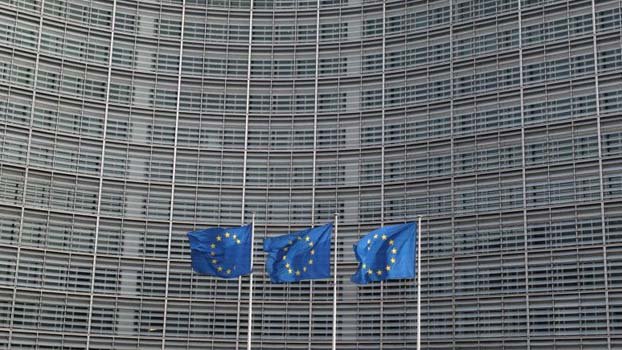Who shall be Europe’s new leaders?

It’s the last weekend of June and that, in Brussels every five years, means that it’s time for the leaders of the 28 European Union nations to gather — yes, British Prime Minister Theresa May will be there in name only — to decide on the most pressing subject for the next five years.
No, it’s not Brexit. No, not climate change either. And no, certainly not EU reforms and monetary policy. None of the above.
This meeting is all about who’s going to control the way the EU works for the next half decade. This gathering is all about jobs for the boys, the payola, the payback and the patronship for the senior political hacks across Europe who are now vying to fill the top jobs in Brussels.
Right now, there are four main jobs up for grabs — the presidencies of the European Council, the European Commission, the European Central Bank (ECB) and the top diplomat for the EU who works with both the council and the commission.
The Germans have a way with words, and they’ve even coined a noun — spitzenkandidat (or spitzenkandidaten in plural) — for the choices of each post as selected by the various political groupings in the new divided European Parliament. Those spitzenkandidaten will be whittled down to a shortlist this Sunday at a gathering by the political leaders of those 28 members.
This is serious pork barrel politics — aides are excluded from the meeting. And no mobile phones are allowed in the chamber either. The matter was discussed at the last gathering of the EU leaders two weeks ago, but that was more of a feeling-out process.
This gathering is where the real work is done, where the spitzenkandidaten are separated between the men and the boys — and hardly a woman to be seen in this almost-exclusive men’s club.
If you’re confused, the EU Council is the body that’s made up of the 28 EU political heads, plus its chairman or president, Donald Tusk.
The EU Commission is the cabinet-like body that oversees the day-to-day running of the bloc, and its president is Jean-Claude Juncker.
The ECB oversees the 19-member states that use the euro, the EU’s common currency, and influences monetary and fiscal policy across the bloc. The current ECB president is Mario Draghi.
The top diplomat is Federicia Mogherini, whose formal title is EU High Representative for Foreign Affairs and Security Policy.
Nothing whets a politician’s appetite more than dishing out jobs for the boys. The outcome of this gathering will influence the European Union for the next five years, will shape its policies, will make a difference for the 500 million who live and work within the political, economic, trading and social bloc that together is the world’s third-largest economy after the United States and China.
And there’s more horse-trading going on right now than there was in the Wild West. If these guys shake hands on a deal, count your fingers to make sure you’ve five left.
The main political groups in the European Parliament — remember that no one group has a controlling majority since the euro elections in late May — each propose their own spritzenkandidat. The council thrashes these out and votes, and then sends the nomination back to the European Parliament for approval. Or not.
The most important job is filling the vacancy of Juncker, the former Luxembourg premier who is retiring as president of the commission.
By convention, this position is normally reserved for a former EU prime minister or president. But because of the way the Euro elections panned out, no one candidate with that level of CV can be agreed upon. That’s why Michel Barnier, the former French cabinet minister who led the Brexit negotiations, might have a decent shot at breaking convention.
The entire process is complicated and may not even be concluded on Sunday. Add in that the influence of German Chancellor Angela Merkel is waning, French President Emmanuel Macron is reinvigorated after his party did better than expected in May, and that the divided European Parliament does have veto powers that appeal to right-wing MEPs in Strasbourg.
The council will use what’s called “qualified majority voting” — another creation of the Brussels Eurocrats. Basically, it means any nominee will need 72 per cent support, or 21 votes of the 28.
The leaders will theoretically have to try and balance national and political groupings, and maybe gender as well — just don’t believe for a minute that gender will matter when push comes to shove.
After that last attempt two weeks’ ago on the subject, the prime minister of Ireland, Taoiseach Leo Varadkar noted wryly: “It’s quicker to elect a pope.”
Mick O’Reilly is a Foreign Correspondent at Gulf News.




